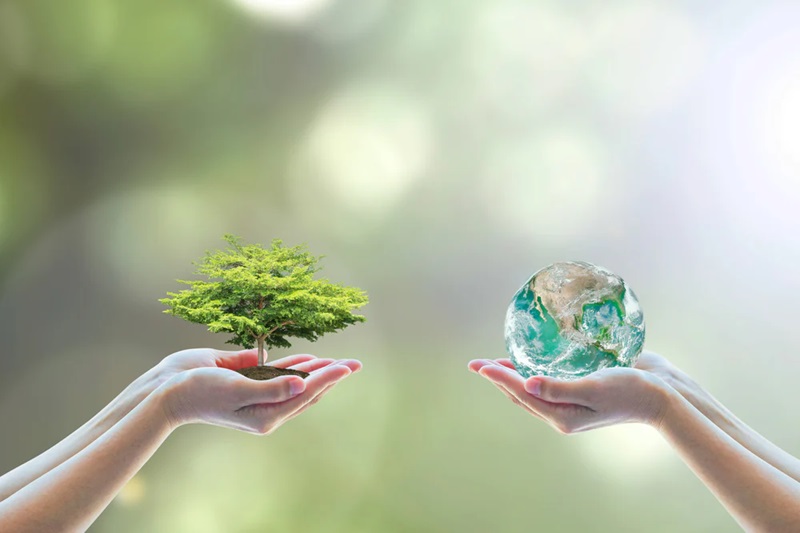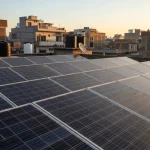
world environment day bank alfalah and wwf pakistan partner to plant 25000 mangrove seedlings in balochistan
Every year on June 5, World Environment Day is celebrated to spread awareness regarding various environmental issues and to encourage people to take various measures to preserve the environment. The theme for 2024 World Environment Day is land restoration, desertification, and drought resilience. One of the largest commercial banks of Pakistan, Bank Alfalah, in partnership with WWF-Pakistan, has committed to plant 25,000 mangroves along the coastline of Balochistan on the occasion of World Environment Day 2024. This initiative is part of the promise to plant 100,000 trees in collaboration with WWF-Pakistan by 2030.
The two organisations are partnering to restore Balochistan’s vital mangrove ecosystems.
The World Environment Day is significant because, through this day, awareness is spread among people regarding the deteriorating condition of the environment. On this day, various environmental issues like climate change and biodiversity are highlighted, and people are encouraged to take various measures to protect the environment. On this day, people come together to conserve the planet.
WWF-Pakistan and Bank Alfalah are collaborating together to restore the mangrove ecosystem of Balochistan. This partnership between these two organisations aims to contribute to the reforestation of mangroves at Khdri Miani Hor, which covers approximately 12 acres and is situated on the Balochistan coast. The organisations have selected Rhizophora mucronata, a type of mangrove, because this species can handle the local weather and tides very well. They are good for the environment and also absorb carbon. 25,000 mangrove tree plantations will enhance the local biodiversity, create significant habitats for bird and marine species, and play a crucial role in maintaining ecological equilibrium.
Mangroves play a crucial role in combating climate change, protecting coastal communities, and supporting biodiversity.
Mangrove trees are very crucial for our environment. These trees provide natural infrastructure to help deal with populated areas by reducing the amount of erosion and absorbing storm surge. Mangrove trees are also very essential to help fight the problem of climate change.
Mangrove trees are like protective shields that protect against hurricanes and coastal erosion and also decrease the chances of coastal flooding. Moreover, mangrove trees help to slow down climate change by reducing the amount of greenhouse gases in the air.
Mangrove ecosystems provide necessary resources for local communities, including fuel wood, fodder, and timber,reducing pressure on natural forests, and slope stabilisation efforts.
This collaborative effort exemplifies the shared commitment of Bank Alfalah and WWF-Pakistan to sustainable development and environmental conservation.
Sustainable development and environmental conservation are crucial so that we can lead a lifestyle without affecting and harming the environment around us. Sustainable development refers to the kind of development through which we can fulfil the need for the present generation without compromising the needs of future generations. Environmental conservation means protecting the environment through various individuals and organisations. The partnership of Bank Alfalah and WWF-Pakistan shows their true commitments towards sustainable development and environmental conservation. The objective of this partnership is to contribute to the reforestation of the mangrove ecosystem.Their aim is also to enhance Pakistan’s natural resource management. Last year, Bank of Alfalah planted 15,000 mangrove trees at the WWF Wetland Center. This year also, both organisations will plant 25,000 mangrove trees, which sets an encouraging example for other individuals and organisations to follow similar steps for the betterment of the environment.



